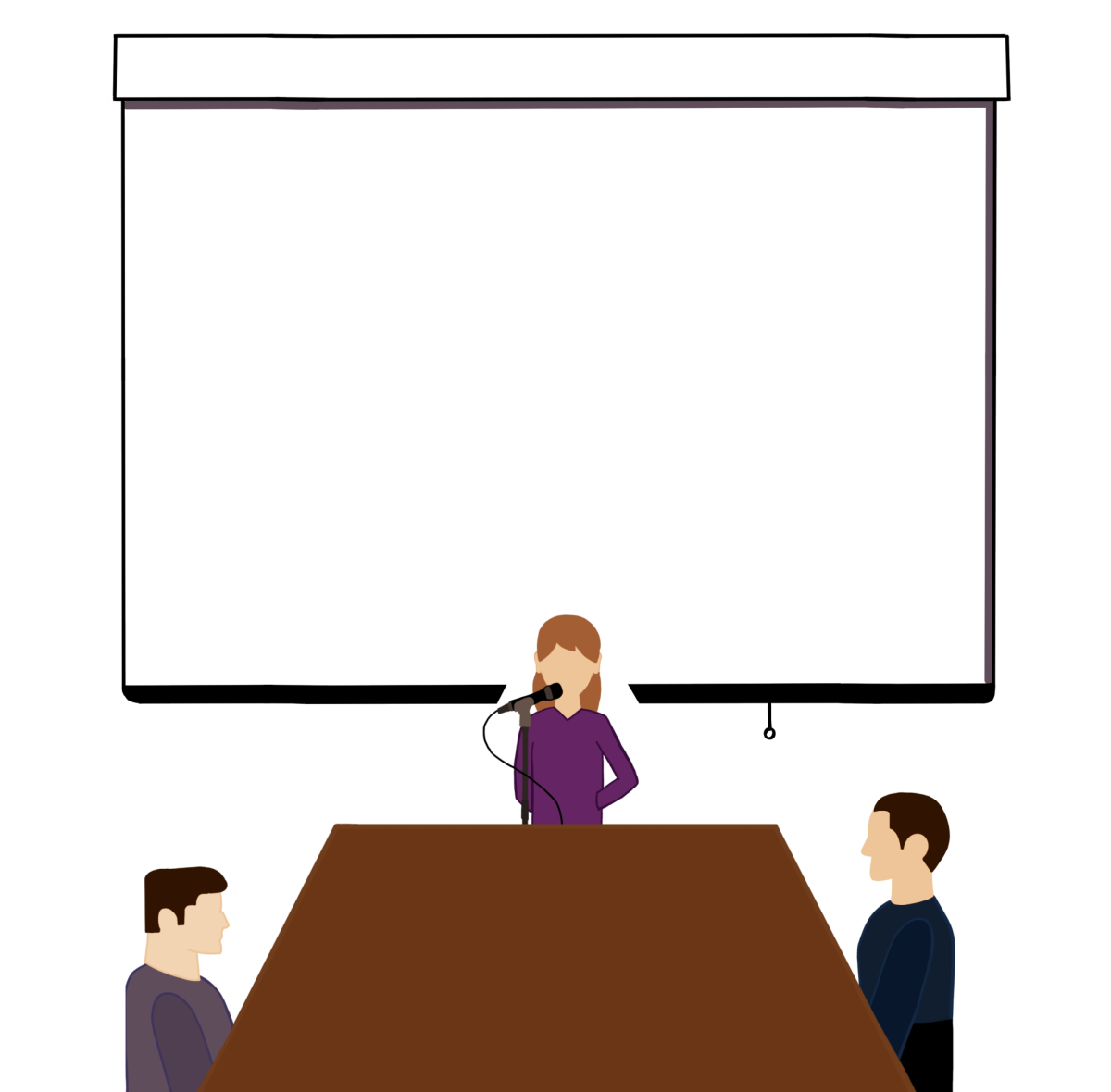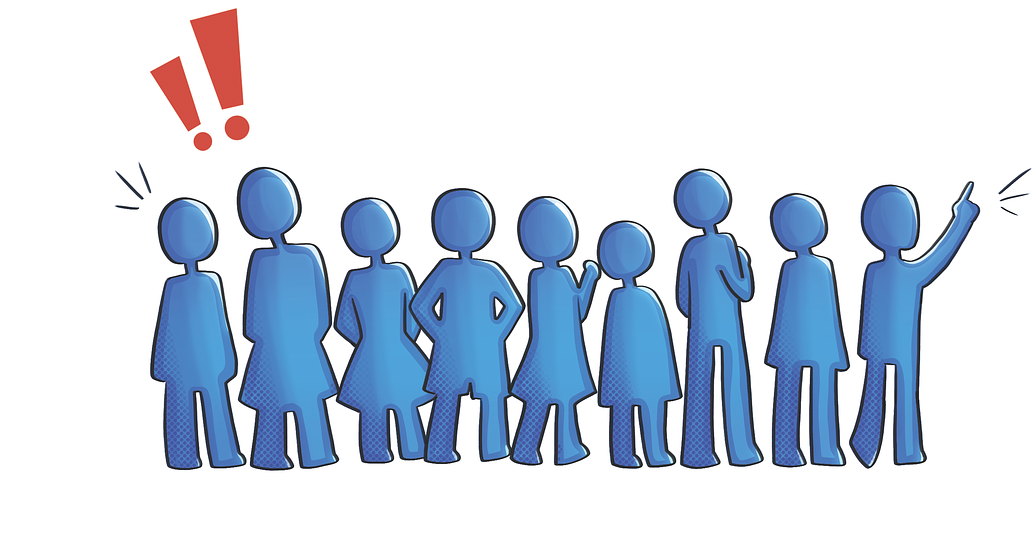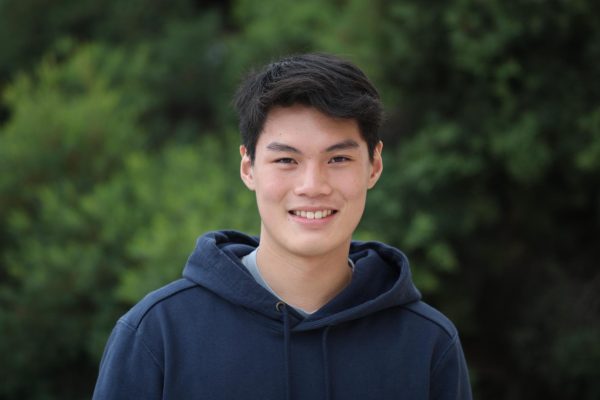The Board of Education unanimously adopted resolutions condemning antisemitism, the recent attacks by Hamas against Israel, Islamophobia and anti-Middle Eastern North African hate at a special meeting on Oct. 27. Board Trustee Todd Collins was absent during both votes.
The board resolutions, 2023-24.06 and 2023-24.07, were spurred by demands of recognition from members of the Palo Alto community after attacks by a U.S.-designated terrorist group, Hamas, against Israel on Oct. 7.
Nationwide, both Islamaphobia and antisemitism are rising, as according to the Anti-Defamation League, an anti-hate organization, in November, antisemitism reached its highest number of incidents since 1979. According to the New York State Bar Association, there was a 216% increase in Islamophobia during the same month.
Zack Bodner, President of the Oshman Family Jewish Community Center, said the Palo Alto Jewish community felt especially threatened in light of the Oct. 7 terrorist attacks.
“Right now, we have a handful of brave and incredible kids at this meeting, but sadly, most of our kids are not feeling safe on our campuses,” Bodner said. “They’re hiding their Jewish stars, and I know one woman, an Israeli woman, who is having her daughter wear a cross because she’s scared.”
Senior Ori Cohen, who identifies as Jewish, said PAUSD has been slow to combat discrimination against Jewish students.
“I’ve been targeted personally on the school campus –– I’m telling you my story, and I still see a failure to act,” Cohen said. “How much more needs to happen? What exactly needs to happen on school campuses for (the board) to act?”
However, several community members warned against a one-sided resolution. Junior and Paly Board Representative Karthi Gottipati said the board should recognize all parties involved in the conflict.
“There may not be two sides to terrorism, but there is more than one group of students being hurt today in Paly and Gunn,” Gottipati said.
In addition, Board Trustee Jesse Ladomirak said she had concerns about the role of a school board in approving these resolutions.
“This board has occasionally touched on domestic politics, but this will be the first time ever, to my knowledge, that we have never taken action through resolution on an international event,” Ladomirak said.
Ladomirak said the board did not weigh in on the conflict in Ukraine, for instance, because there’s a difference between individual board members making statements and the board acting as a body.
“Now, I don’t know how we draw the line,” Ladomirak said. “Is it a numbers game? Do we only act as a board when a certain percentage of students and families are impacted? Do we judge how horrible the events are? We are opening ourselves up, I believe, to legitimate criticism in the future that we pick and choose which people to care about and whose lives to value.
According to Bodner, the Jewish community in Palo Alto is grateful for the actions taken by community leaders.
“The only difference between our current situation and 1930s Germany is (our leaders),” Bodner said. “Our leadership and our government are not aligning themselves with the anti-Semites.”
However, junior Christian Saleh, who is half Egyptian, said he believes the resolutions fall short of addressing the roots of the problem.
“I think we need to focus on incorporating the history of (MENA hate) into our classes,” Saleh said. “I’m the Social Justice Program, and I think they do a really good job at it. However, I feel like (non-SJP) classes lack that focus.”
Board President Jennifer Dibrienza said the resolutions represent a step in the right direction.
“I want to acknowledge that passing resolutions will not fix things,” Dibrienza said. “But, I hope that by clearly condemning antisemitism and all hate will start to help our students, our community members, and our staff to start to feel better. This is the beginning of our work and not the end of the work.”
Despite her concerns about the precedent the resolutions might set, Ladomirak said she still supported them and asked the community for grace.
“We are five imperfect humans,” Ladomirak said. “And in all our imperfections, we truly care deeply for your children, and we are doing our very best to support them all. I ask that you show us all some grace. I ask that we all show each other some grace so that we can leave here ready to forgive, heal, and come together as one community united in our commitment to our students and our children and the right to live in a world that’s free of hate, violence, and injustice.”
Middle East and North African Club Co-Presidents Nikki Heydarpour and Mariam Tayebi did not respond to interview requests.







